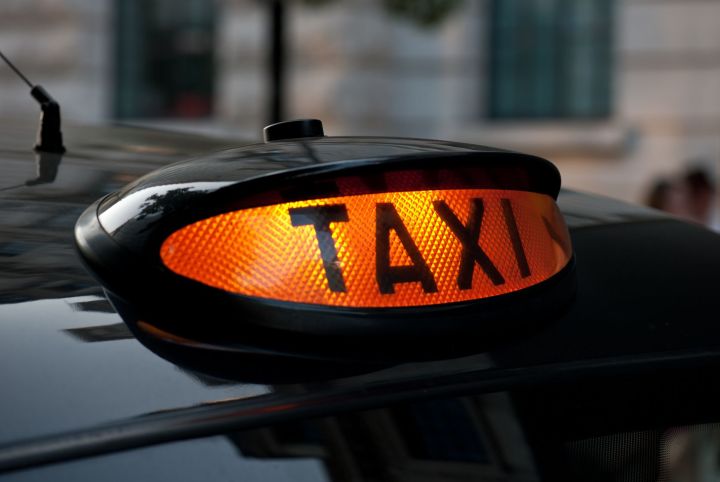
Rather than point the finger at Uber directly, London’s drivers have consistently directed their anger at Transport for London (TfL) – the city’s transportation authority – insisting it imposes the same strict regulations on Uber drivers as it does on the taxi industry.
Having apparently made little progress, one taxi driver’s wife this week launched a £600,000 (about $850K) crowdfunding campaign to battle the San Francisco-based company in the courts.
The “Action for Cabbies” campaign is calling for a judicial review against TfL for failing to enforce the law when it awarded Uber its original operating license back in 2012.
In claims that echo those of other Uber-related protests around the world, campaign organizer Artemis Mercer insists TfL has failed to enforce the law in areas such as background checks, access for disabled riders, and insurance.
“Help save our iconic black cab trade and the future of 25,000 cabbies, their families and associated industries,” Mercer says in her pitch on the crowdfunding site, adding that cab drivers “have lost the ability to compete on a level playing field.”
She goes on to warn that if Uber becomes the dominant force in London, “the traveling public may be exposed to dramatic fare increases and compromised regulation surrounding safety.”
A law firm acting on behalf of the black-cab drivers said it believes there are sufficient grounds for the case against TfL “on the basis that the granting of Uber’s licence to operate was unlawful.”
Of course, to take the fight forward Mercer first needs her campaign to hit its target. It’s certainly off to a speedy start, in just a short time raising £30,000 with 56 days remaining.
Even if the case does make it to court, the black-cab drivers, together with Mercer and the campaign’s supporters, know they have a difficult fight on their hands, as Uber last October won a case in which the UK’s high court ruled the app legal in London.
Uber has always said it’s not a taxi service but a technology company with an app that connects drivers and riders, and therefore is not subject to the same regulations as those imposed on the taxi industry.
We’ve reached out to both Uber and TfL for comment on the Action for Cabbies campaign and will update if we hear back.
The fight against Uber by London’s traditional taxi industry – one in which its drivers must first pass the legendary “knowledge” exam that requires them to memorize the location of every single street in the capital, as well as landmarks and routes – has seen cabbies’ protests bring the city’s streets to a standstill on several occasions in recent years, most recently last summer.
[UPDATE:] TfL contacted Digital Trends and offered the following statement: “Uber were issued a licence in 2012 because they met all of our licensing requirements. Uber remain licensed as a private hire operator in London.” It also said it suspects Action for Cabbies’ application for a judicial review is out of time as such applications are normally made within three months of a decision. However, it added that it was prepared to demonstrate its licensing and decision-making process should the matter end up in court.


